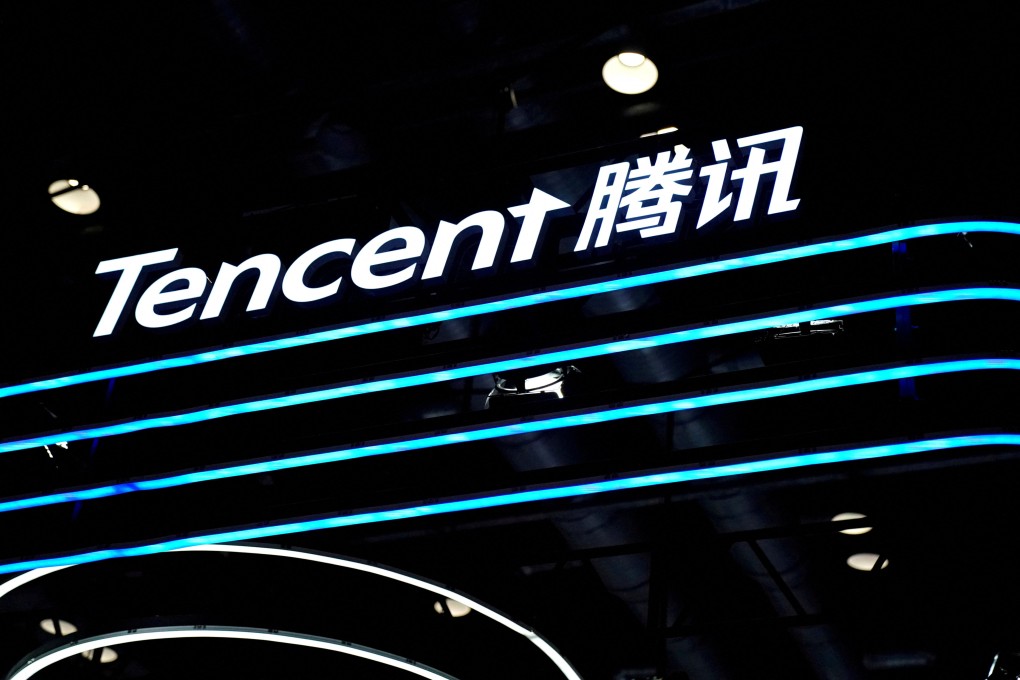Tencent posts 2 per cent drop in third-quarter revenue, gives away Meituan stake, amid regulatory uncertainty and economic headwinds
- The Hong Kong-listed internet giant posted a profit of US$5.63 billion for the three months ended September 30, up 1 per cent up from a year ago
- Tencent said it would disburse its majority stake in Meituan to existing shareholders, in another divestment following move with JD.com

The Hong Kong-listed company, which runs the world’s largest video gaming business by revenue and operates China’s largest social media platform, posted a profit of 39.9 billion yuan (US$5.63 billion) for the three months ended September 30, only 1 per cent up from 39.5 billion yuan a year ago. The number exceeded consensus estimates of 25.9 billion yuan by analysts polled by Bloomberg.
Total revenue in the quarter reached 140.1 billion yuan, down 2 per cent from 142.37 billion yuan a year ago. That was the second quarterly decline since the company’s listing and worse than the consensus estimates of 141.4 billion yuan, according to analysts polled by Bloomberg.
After the divestment, Meituan will no longer be accounted as an associate, Tencent said.
Pony Ma Huateng, Tencent chairman and CEO, said the Meituan stake had generated significant returns. “Our resilient businesses, diversified cash flows, sizeable cash balance and substantial investment portfolio enable us to invest in strategic growth areas and innovation, while at the same time returning capital to shareholders,” he said in a statement on Wednesday